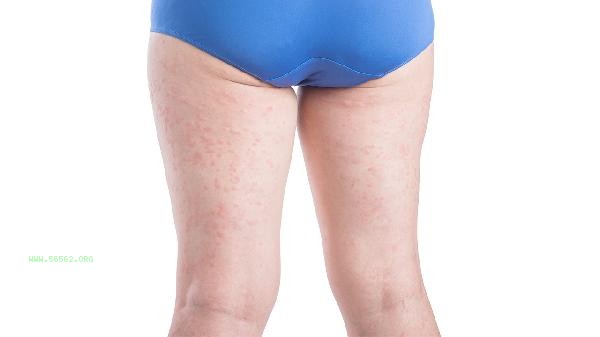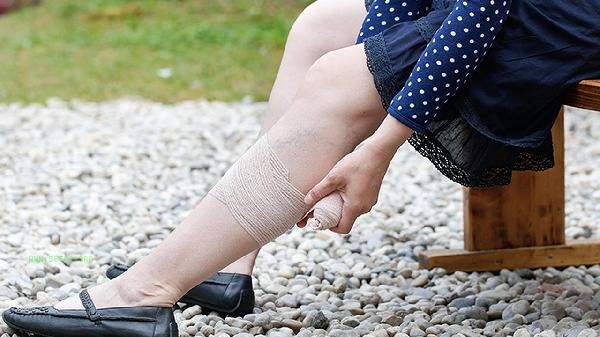It is recommended to seek medical attention from orthopedic or neurology departments for unexplained muscle soreness in the thighs. This symptom may be related to factors such as muscle strain, lumbar disc herniation, peripheral neuropathy, electrolyte imbalance, fibromyalgia syndrome, etc.

1. Orthopedics
Orthopedics mainly deals with issues related to the musculoskeletal system. Thigh muscle soreness is common in sports injuries or chronic strain injuries, such as muscle strains, tendinitis, etc. Orthopedic doctors will use palpation and imaging examinations to determine the presence of muscle tears and joint lesions. If accompanied by numbness or radiating pain in the lower limbs, it is necessary to investigate the situation of lumbar disc herniation compressing nerve roots. It is recommended to reduce activity during the acute phase, and chronic pain can be improved by combining physical therapy.
2. Neurology
Neurology focuses on symptoms caused by abnormalities in the nervous system. Peripheral neuropathy, such as diabetes peripheral neuropathy, vitamin B deficiency and other metabolic diseases, should be excluded from long-term unexplained pain. The nerve conduction velocity test can evaluate nerve function, and some patients may experience sensory abnormalities or decreased muscle strength. Autonomic nervous system dysfunction may also manifest as migratory muscle discomfort, which needs to be comprehensively judged in conjunction with other physical signs.
3. Rheumatology and Immunology
Widespread muscle soreness lasting for more than two weeks should be considered as rheumatic disease. Fibromyalgia syndrome is characterized by symmetrical muscle tenderness, often accompanied by sleep disturbances and fatigue. Laboratory tests can differentiate autoimmune diseases such as rheumatoid arthritis and polymyositis. These types of diseases typically require long-term medication management and lifestyle adjustments.

4. Endocrinology
Electrolyte imbalances such as hypokalemia and hypocalcemia may lead to muscle spasms and soreness. Abnormal thyroid function can also cause muscle weakness or muscle pain symptoms. Blood sampling to check thyroid hormone and electrolyte levels is helpful for diagnosis. When diabetes patients have symmetric pain in the distal limb, they should be more alert to neurological complications.
5. rehabilitation Medicine
Patients with chronic muscle soreness can go to the rehabilitation department for evaluation. Doctors will identify potential biomechanical abnormalities through posture analysis and muscle strength testing, and develop exercise therapy plans. Physical therapy such as ultrasound and electrical stimulation can alleviate local inflammation, while exercise rehabilitation helps rebuild muscle balance. Suitable for recurrent or persistent functional pain.

It is recommended to record the characteristics of soreness before seeking medical attention, including the onset time, triggering factors, accompanying symptoms, etc. Avoid intense exercise or local massage to worsen the injury, and temporarily apply hot compress to relieve discomfort. A balanced diet ensures protein and mineral intake, while moderate stretching improves blood circulation. If the pain intensifies at night or there are inflammatory symptoms such as redness, swelling, heat, and pain, it is necessary to seek medical attention promptly to check for emergencies such as infection or thrombosis.








Comments (0)
Leave a Comment
No comments yet
Be the first to share your thoughts!